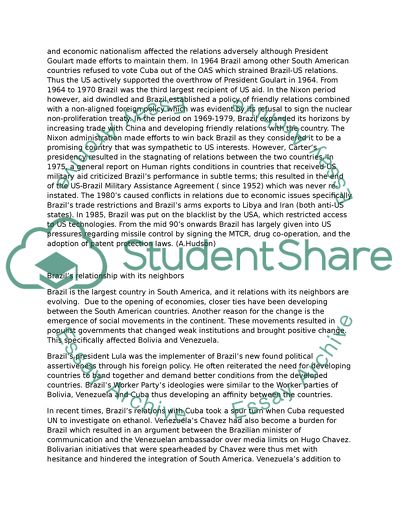Cite this document
(Brazils Rise and Its Effect on the Globe Case Study, n.d.)
Brazils Rise and Its Effect on the Globe Case Study. https://studentshare.org/politics/1745011-brazils-rise-and-its-affect-on-the-globe
Brazils Rise and Its Effect on the Globe Case Study. https://studentshare.org/politics/1745011-brazils-rise-and-its-affect-on-the-globe
(Brazils Rise and Its Effect on the Globe Case Study)
Brazils Rise and Its Effect on the Globe Case Study. https://studentshare.org/politics/1745011-brazils-rise-and-its-affect-on-the-globe.
Brazils Rise and Its Effect on the Globe Case Study. https://studentshare.org/politics/1745011-brazils-rise-and-its-affect-on-the-globe.
“Brazils Rise and Its Effect on the Globe Case Study”. https://studentshare.org/politics/1745011-brazils-rise-and-its-affect-on-the-globe.


